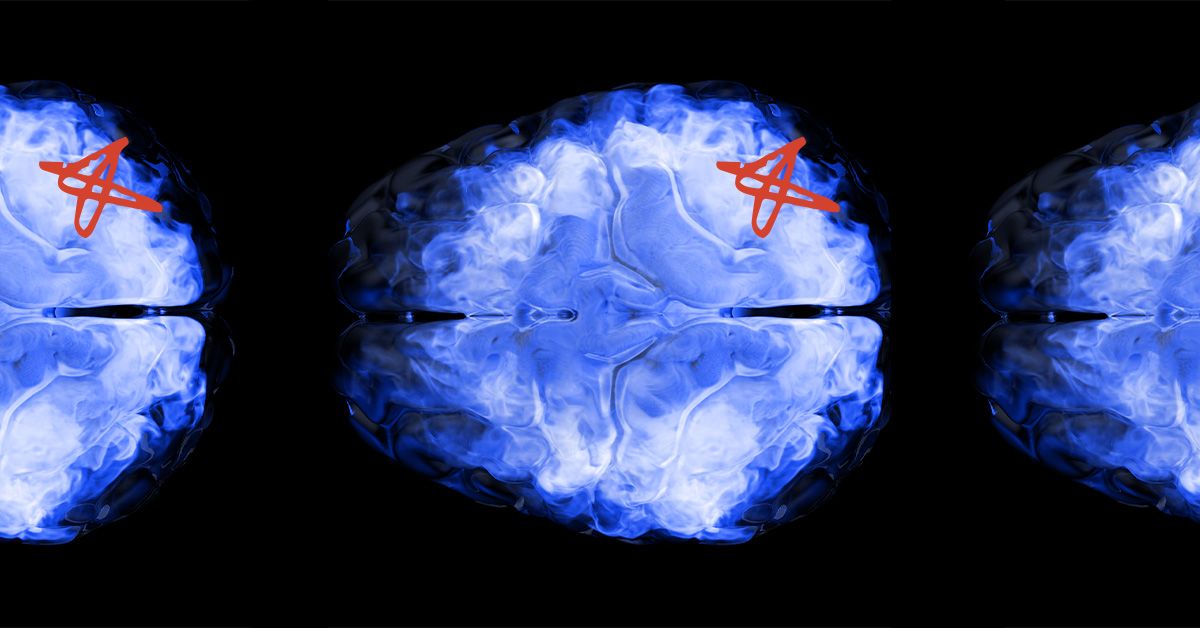- Research presented at the 2024 Annual Meeting of The Menopause Society in Chicago has aimed to uncover the impact of hormone replacement therapy on various aspects of health.
- One study reports that extended use of some hormone therapies can improve markers of cardiovascular health at menopause.
- A large meta-analysis further found that hormone therapy can help improve insulin sensitivity by restoring estrogen levels.
It works by restoring levels of different hormones in the body — typically, but not always, estrogen — as these tend to decrease with age, a process often responsible for many of the symptoms associated with menopause.
Debates abound about which types of HRT are safe and which are not and what impact the prolonged use of HRT could have on health.
One study presented at the meeting, whose findings are yet to appear in a peer-reviewed journal, found that estrogen-based hormone therapy appeared to have a positive long-term effect on almost all markers of cardiovascular health.
The study — led by researchers from Penn State Hershey Medical Center — used data from the Women’s Health Initiative (WHI), and compared cardiovascular health biomarker values in participants who were taking certain estrogen-based hormone therapies versus a placebo.
The researchers found that those who took conjugated equine estrogens for at least 1 year saw a 13% increase in high-density lipoprotein cholesterol (HDL-C), also known as “good cholesterol.” Those taking conjugated equine estrogens plus medroxyprogesterone acetate saw a 7% increase in HDL-C measures.
So-called bad cholesterol — low-density lipoprotein cholesterol (LDL-C) — decreased by approximately 11% in both HRT groups. In particular,
For those taking plus medroxyprogesterone acetate, the decrease in Lp(a) level was even greater—at 20%.
Finally, the researchers also found that markers of insulin resistance were also lower in those on HRTs, decreasing by 14% in participants taking conjugated equine estrogens only and by 8% in those taking conjugated equine estrogens with medroxyprogesterone acetate.
The only marker of cardiovascular health that showed no improvement with HRT was triglyceride levels.
Due to the various hormonal changes that take place when a person enters menopause, their risk of heart disease and cardiovascular problems increases, as
“Once a woman goes into menopause, estrogen levels become nonexistent, which negatively affects the cardiovascular system,” Sheryl A. Ross, MD, a board certified OB/GYN and women’s health expert at Providence Saint John’s Health Center in Santa Monica, CA, who was not involved in the research presented at the annual meeting, explained for Medical News Today.
Cheng-Han Chen, MD, a board certified interventional cardiologist and medical director of the Structural Heart Program at MemorialCare Saddleback Medical Center in Laguna Hills, CA, also not involved in this research, told us that:
“This [drop in estrogen levels] then leads to changes, such as increased artery plaque buildup, increased cholesterol, and increased blood pressure, that can all increase someone’s risk of heart disease.”
That is because “estrogen production helps maintain the elasticity in the blood vessels, reduces LDL or the ‘bad’ cholesterol and promotes HDL or the ‘good’ cholesterol production,” Ross further detailed.
These mechanisms could explain why the long-term estrogen supplementation in the Penn State Hershey Medical Center study led to improvements in biomarkers of cardiovascular health.
“Taking estrogen replacement therapy can help by bringing back the benefits of elasticity in blood vessels, reducing LDL levels and promoting HDL levels, which support heart health,” Ross also told us.
“It is suggested to start estrogen replacement therapy as you enter menopause for optimal cardiovascular benefits,” she advised.
Researchers from Reading Hospital Tower Health, Drexel University College of Medicine in Pennsylvania, and other institutions presented further findings suggesting that HRT was associated with lower insulin resistance in women at postmenopause.
This research team conducted a review and meta-analyses of 17 randomized controlled trials, with a total of 29,287 participants. Of these participants, 15,350 were on an HRT of either estrogen or estrogen plus progestogen, and 13,937 received a placebo.
The participants’ mean ages ranged from 47 to 75, and their treatment duration was between 8 weeks and 2 years.
The review and meta-analysis, whose results have yet to appear in a peer-reviewed journal, found that all the HRT studies—whether administered orally or
Thus, the improvement in insulin sensitivity that comes with HRT is good news, as it could have a protective effect against diabetes.
“Hormone replacement therapy, including estrogen and progesterone medication, […] improves metabolic health by regulating insulin production, maintaining body weight and fat distribution, and reducing the risk of type 2 diabetes,” explained Ross. “These benefits support and improve hormonal balance and metabolic health.”
Even with these positive findings about HRT, doctors caution that some of these therapies may affect different individuals in different ways and could come with their own sets of side effects.
G. Thomas Ruiz, MD, a board certified OB/GYN and lead OB/GYN at MemorialCare Orange Coast Medical Center in Fountain Valley, CA, who was not involved in the research presented at the annual meeting, told MNT that:
“[Oral] preparations [of] HRT tend to be metabolized in the liver, and may have an increased risk of increasing
platelet aggregation , which leads to increase clotting in small [blood] vessels. On the other hand, most [bio]identical hormone replacement therapy is absorbed across the skin, [and thus] avoids being metabolized in the liver, and tends to have less of a platelet aggregation effect. [Bio]identical hormones also have the benefit of being identical to the type of estrogen that was made by the ovary during the menstruating life.”
Ruiz thus advised that when looking for the most appropriate HRT, an individual, and their doctor may want to consider the type of treatment that resolves the symptoms that most concern them with the lowest medication dosage.
“For most women, the initial goal is to treat the vasal-motor symptoms associated with menopause, [such as] hot flashes, insomnia, […] joint pains, […] mild depression. Some women will also see changes in their vaginal tissue, which can make sexual activity more uncomfortable due to vaginal dryness,” he said.
“The best hormone replacement therapy is the lowest dose which resolves their symptoms,” Ruiz suggested. “Each woman should be treated individually and given what she needs to help manage symptoms.”
Ross also emphasized that HRT can play a crucial role in reducing the risk of osteoporosis, which is another concern around menopause. “HRT, especially for women at risk for osteoporosis, has also been shown to prevent bone loss and bone fractures,” she told us.
Nevertheless, she cautioned that:
“Those women with increased risk of venous thromboembolism/blood clots, stroke, ischemic heart disease, and breast cancer may not be a candidate for HRT. Women with a strong family history of breast cancer involving a first degree relative-mother or sister, especially if they carry the
BRCA gene , may not be candidates for HRT.”
According to Ross, some questions about the long-term health impact of HRT for menopause symptoms remain to be answered.
- whether a person should stop HRT after the age of 60 to avoid increasing their risk of breast cancer, as high estrogen levels have been associated with breast cancer risk
- whether a person should take HRT preventively for heart health support even when they do not have disruptive menopause symptoms
- whether they should take HRT for brain health, to lower their dementia risk
- and whether they can use HRT in pellet form or compounded HRT safely in the case that they do have disruptive menopause symptoms.
From his perspective, Chen also noted that doctors “remain concerned that long-term HRT treatment can increase an individual’s risk for blood clots, stroke, and breast cancer.”
Ross said that for now, what is most important is to get specialized medical advice that considers the person’s individual situation.
“Discuss any questions or concerns you have regarding HRT with your healthcare provider […], so you can make the best decision for your personal health,” she emphasized.













